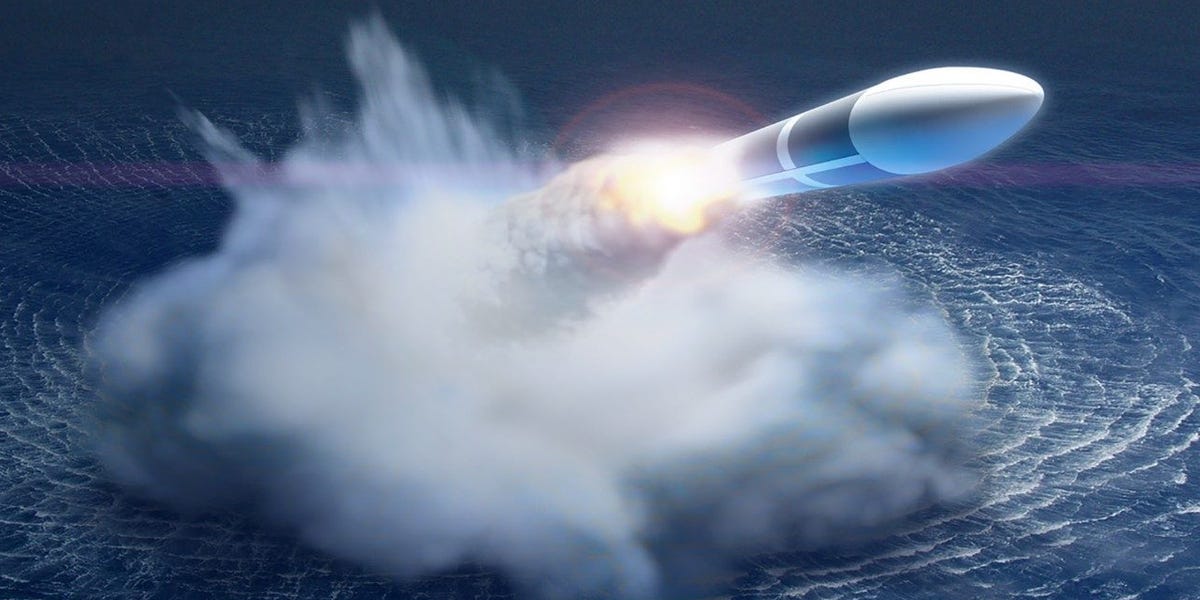It was only a matter of time until the world of stealth military equipment migrated to snowmobiles. And with apologies to Norway and Russia, there's no better country to attempt to pull it off than Canada, which is now fully testing out a $620,000 (CAD) ($594,000 U.S.) machine aimed at secretive military maneuvers in the Great White North. As reported by the Canadian Press, the Canadian Department of National Defence has dubbed the hybrid-electric prototype Loki—you know, after the tricky Norse god.
What started in 2011 with an under-the-radar request for bids by Defence Research and Development Canada (DRDC) made a little more noise this week as reports surfaced of military personnel test-driving the machine at Canadian Forces Base Petawawa, near Ottawa. PopMech contacted the Canadian government to request images of the machines, but we haven't heard back, and there are none currently available.
The report says, "These experiments compared Loki against commercially available snowmobiles already in use, testing a wide variety of the snowmobiles' characteristics, including speed, towing capacity, endurance, mobility, usability, and, of course, noise emissions." Testing included trying out the electric side of the device for noise level, speed over shifting terrains, acceleration abilities and battery life. But national security keeps the results hidden.
The report also says, "The prototype must be at least nearly as capable and reliable as a standard internal combustion snowmobile, while providing a significant noise reduction. For military purposes, it is not enough for a snowmobile to operate quietly." So, the focus for CrossChasm Technologies, the Waterloo, Ontario, company that got the bid but is not allowed to speak about the project, is to gain the quietest possible levels "where covertness may be required, especially given the increased propagation of sound in cold, dry, Arctic air."
Loki came about because the Canadian government was looking for a way to increase its military capabilities in the Arctic. The search for a gas-powered snowmobile able to easily switch into completely silent electric-motor mode became key, according to the original request, which also specified a prototype with a range of at least 15 kilometers (about 9 miles) in silent mode at an average speed of 20 km/hour on level snow, and a top speed of at least 75 km/hour.
"It also must have the ability to switch to 'silent' mode easily and quickly with minimal tools, at which point it can function solely on electrical power," the bid request said, all without weighing down the two-motor machine. In the request, DRDC required a prototype by March 31, 2013.
Luke Coffey, a defense expert for the Heritage Foundation who specializes in transatlantic security, says he sees the obvious tactical advantage to the reported machine, but is wary of taxpayers footing such a steep bill.
"Nevertheless, Canada has been at the forefront in terms of Arctic security, and the decision to procure a snowmobile with this type of capability is a reflection of this," he says. "If the price for such snowmobiles decreases over time there might be a market in the hunting and outdoor sporting community. It wouldn't be the first time that the general population benefited from costly technology that originated in the military sector."
Maybe Canada's onto something.
What started in 2011 with an under-the-radar request for bids by Defence Research and Development Canada (DRDC) made a little more noise this week as reports surfaced of military personnel test-driving the machine at Canadian Forces Base Petawawa, near Ottawa. PopMech contacted the Canadian government to request images of the machines, but we haven't heard back, and there are none currently available.
The report says, "These experiments compared Loki against commercially available snowmobiles already in use, testing a wide variety of the snowmobiles' characteristics, including speed, towing capacity, endurance, mobility, usability, and, of course, noise emissions." Testing included trying out the electric side of the device for noise level, speed over shifting terrains, acceleration abilities and battery life. But national security keeps the results hidden.
The report also says, "The prototype must be at least nearly as capable and reliable as a standard internal combustion snowmobile, while providing a significant noise reduction. For military purposes, it is not enough for a snowmobile to operate quietly." So, the focus for CrossChasm Technologies, the Waterloo, Ontario, company that got the bid but is not allowed to speak about the project, is to gain the quietest possible levels "where covertness may be required, especially given the increased propagation of sound in cold, dry, Arctic air."
Loki came about because the Canadian government was looking for a way to increase its military capabilities in the Arctic. The search for a gas-powered snowmobile able to easily switch into completely silent electric-motor mode became key, according to the original request, which also specified a prototype with a range of at least 15 kilometers (about 9 miles) in silent mode at an average speed of 20 km/hour on level snow, and a top speed of at least 75 km/hour.
"It also must have the ability to switch to 'silent' mode easily and quickly with minimal tools, at which point it can function solely on electrical power," the bid request said, all without weighing down the two-motor machine. In the request, DRDC required a prototype by March 31, 2013.
Luke Coffey, a defense expert for the Heritage Foundation who specializes in transatlantic security, says he sees the obvious tactical advantage to the reported machine, but is wary of taxpayers footing such a steep bill.
"Nevertheless, Canada has been at the forefront in terms of Arctic security, and the decision to procure a snowmobile with this type of capability is a reflection of this," he says. "If the price for such snowmobiles decreases over time there might be a market in the hunting and outdoor sporting community. It wouldn't be the first time that the general population benefited from costly technology that originated in the military sector."
Maybe Canada's onto something.





Comment